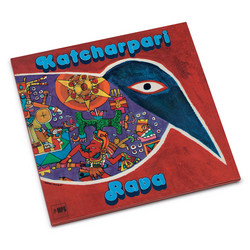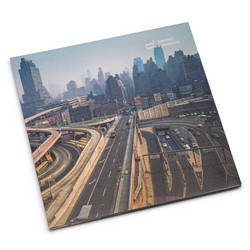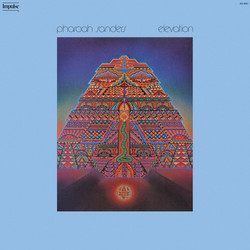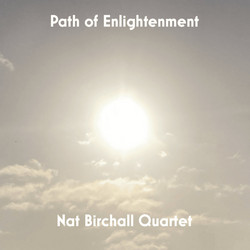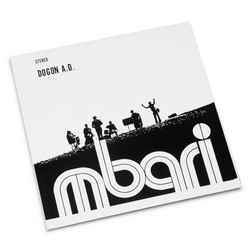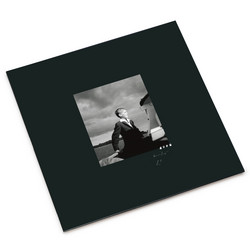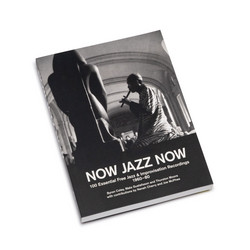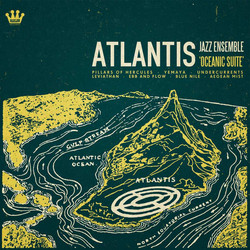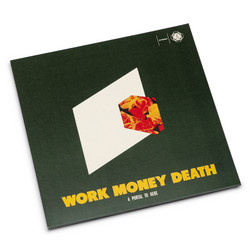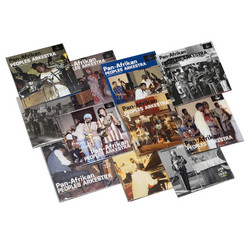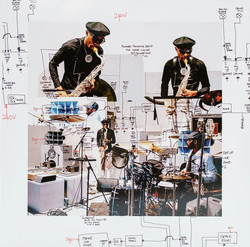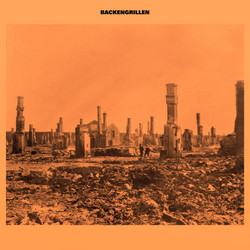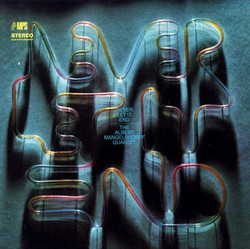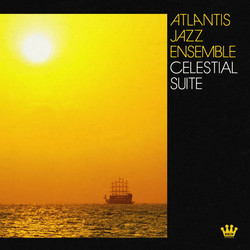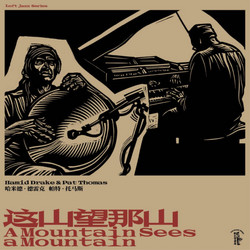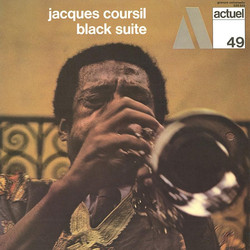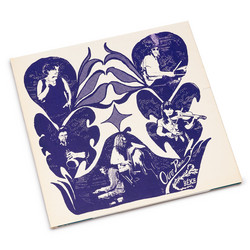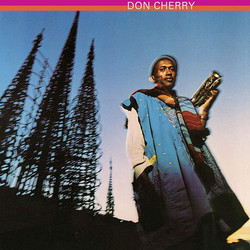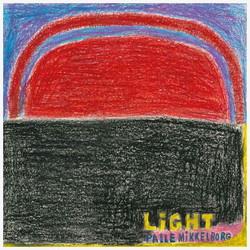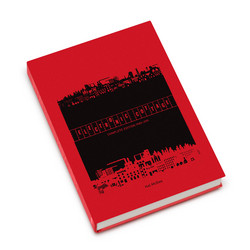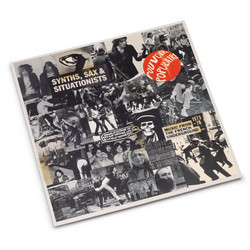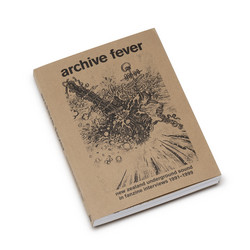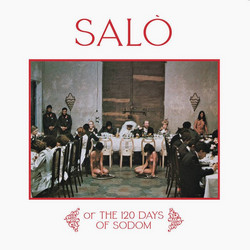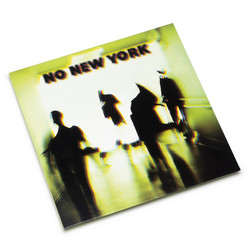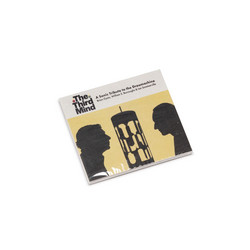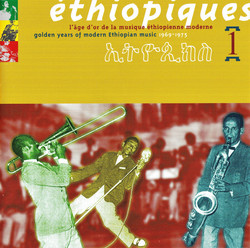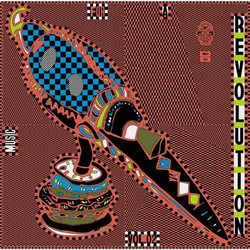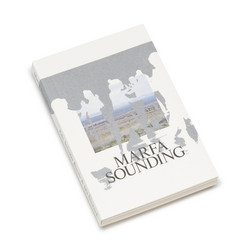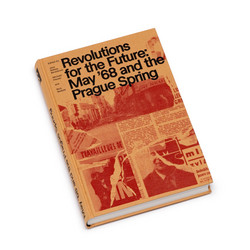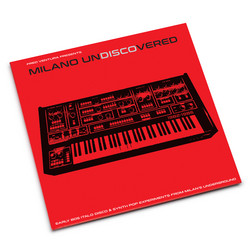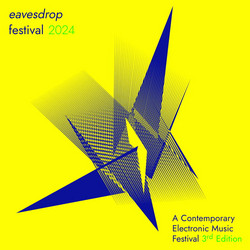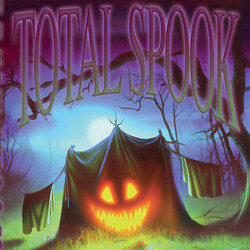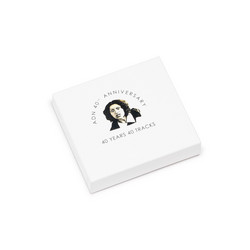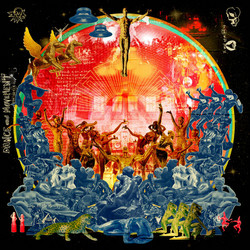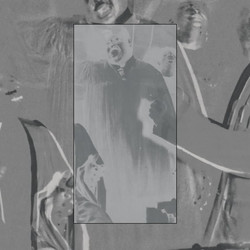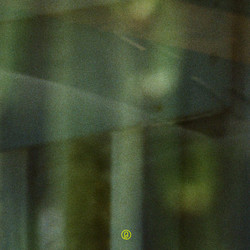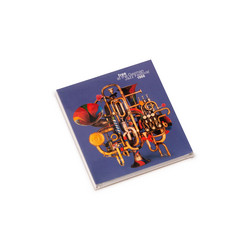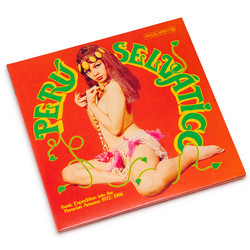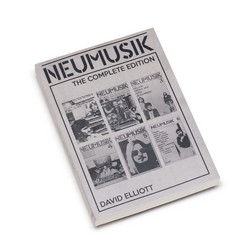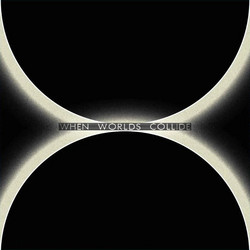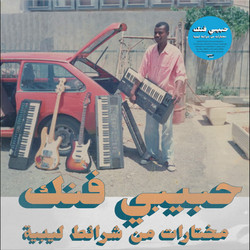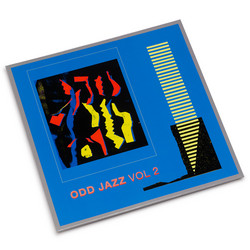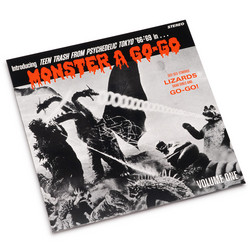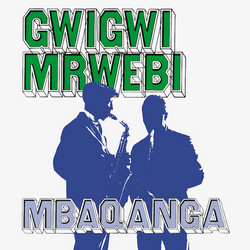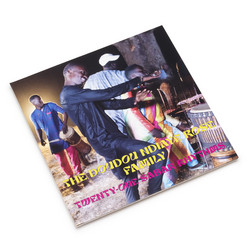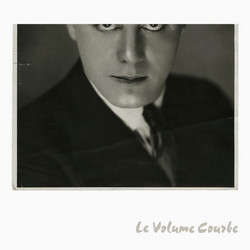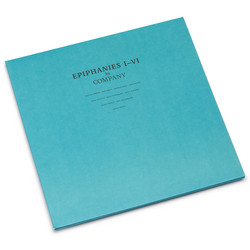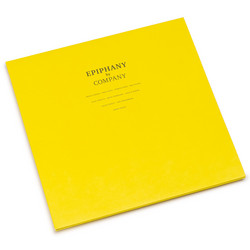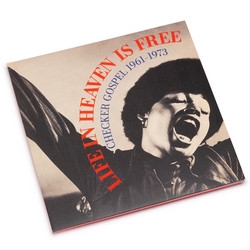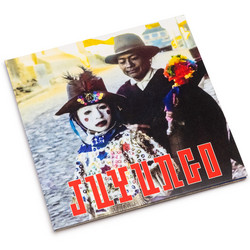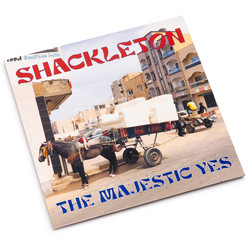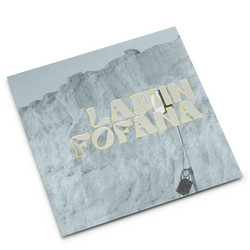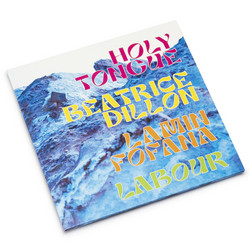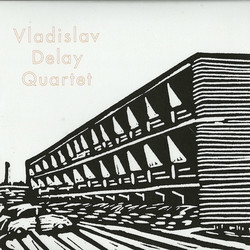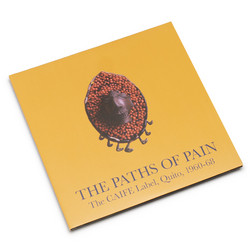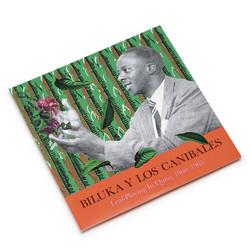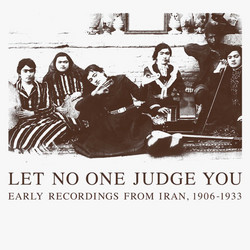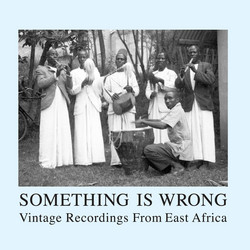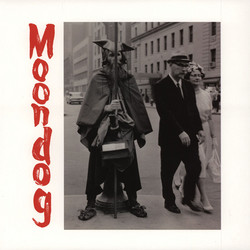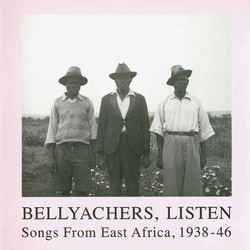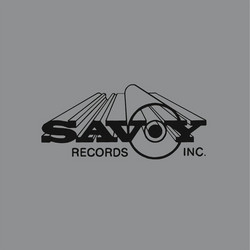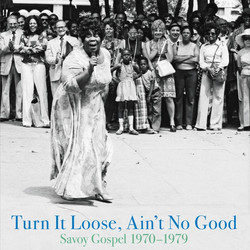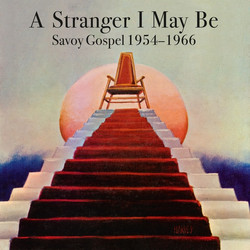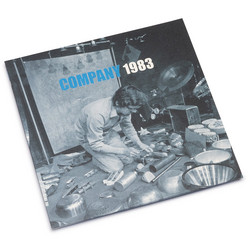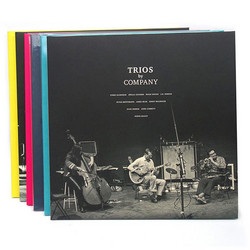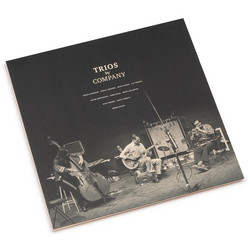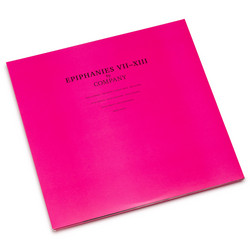Various
Marvellous Boy: Calypso From West Africa
Marvellous Boy Calypso From West Africa HONEST JON'S RECORDS **** endlessly satisfying' (Boston Phoenix); 'Blending cheeky calypso with rocking highlife — and by turns breezy, wistful and downright uproarious' (Daily Telegraph); 'gems at every turn... weaving highlife, swing, military brass bands, Afro-Cuban jazz, into a hell of a compilation... Honest Jon's have added to the highest order of this simple music of heartbreaking celebration' (Brainwashed). The inter-war dance bands of British West Africa are often strikingly similar in sound to Trinidadian orchestras like Lovey's String Band (credited with the first calypso recordings, in 1912). However, the first West African calypso recordings in the modern style are from Freetown, Sierra Leone in the early 1950s, by Ebenezer Calendar and Famous Scrubbs. In arrangements blending African and European instruments, the brass plays out the legacy of colonial military bands, albeit hair-down and a little ramshackle now; and the beautiful creole lyrics are as upful, quick, current, musical and intimate as any classic calypsonian's. Decca also organized the first calypso recording session in Ghana, down the coast, where a sound interchangeably designated 'calypso' or 'highlife' ruled urban dancefloors, courtesy of The Tempos — fronted here by Julie Okine — and its spin-offs The Black Beats, The Red Spots, and finally The Rhythm Aces. The invasion of King Mensah of Ghana, and The Tempos' money-spinning tour of Nigeria at the start of the 1950s sparked a decade of musical innovation. Bobby Benson’s new highlife eleven-piece included the great trumpeters Victor Olaiya and Roy Chicago — both leaving to lead the bands featured here, the Cool Cats and Rhythm Dandies — and his calypso Taxi Driver was their first, huge, signature hit. (By contrast, little is known about the Nigerian Rolling Stone, whose real name was Roland Onaghise, singing here in the Bini dialect with such rootical frankness.) The Mayor's Dance Band was the second lineup run by the celebrated Erekosima 'Rex' Lawson, after the Nigeraphone Studio Orchestra Of Onitsha, and highly successful throughout the 1960s. With Lawson's trademark blend of Igbo lyrics over a Calabari rhythm, reflecting his mixed parentage, and his superb, Caribbean-flavoured trumpet-playing, Bere Bote is the latest of the recordings here. Like Lawson, Steven Amechi was from eastern Nigeria — the guitar solo on Nylon Dress is by the king of Igbo highlife, Stephen Osita Osadebe. The Tempos' drummer Guy Warren once recalled a trip to London, where he'd played in Kenny Graham's pioneering Afro Cubists: 'When I was in London I went to the Caribbean Club somewhere near Piccadilly, the haunt of a lot of West Indians. It was all calypso every night... When I came back I brought some of these records and we learnt to play them as I knew straightaway that these musical inflections were so highlifish.' And most likely he would have thrown in some of Ambrose Campbell's London recordings of calypso highlife with the West African Rhythm Brothers, including horn players from the Caribbean — at that time making an epochal impact back home in Nigeria. And saxophonist Chris Ajilo was likewise deeply impressed by the Afro Cubists, forming his band The Cubanos on his return to Lagos in 1955, after studying at the London School Of Music. (Baba Ani, aka Lekan Animashaun — stalwart of Fela Kuti's music, from the Koola Lobitos to Egypt 80 — was in later lineups.) A tribal 'woro', 'fire dance', from Egun country, obviously Ariwo isn't highlife-calypso, it's cooking afro-cuban jazz with traditional roots; but it exemplifies the open hybridity of all these forms, and the receptivity of their West African milieu to inspiration abroad, as throughout the 1950s West African musicians like King Bruce of The Rhythm Aces, the Sierra Leonean calypsonian Ali Ganda, E.T. Mensah and Zeal Onyia all checked out London's burgeoning West Indian and West African scenes. By the early 1960s, calypso was fading in West Africa. US soul and rhythm and blues were poised to replace Caribbean influences, even as there was also a turn towards more traditional, local, African musical material. Still, the dying embers would produce its most classical exponent, Godwin Omabuwa, Nigeria's own Lord Kitchener, ebulliently singing here about a famous victory of the middleweight Dick Tiger. Another graduate of Bobby Benson's orchestras, his band the Casanova Dandies at this time included the jazz modernist Mike Falana, on the eve of his departure for London, where he would join Peter King's African Jazz Messengers. In the face of changing tastes, Omabuwa cut only a few records, and his live audience was steeply reduced to prostitutes and their customers in a Lagos Island dive, but his mastery of the genre was a fitting end to the heyday of calypso in British West Africa
